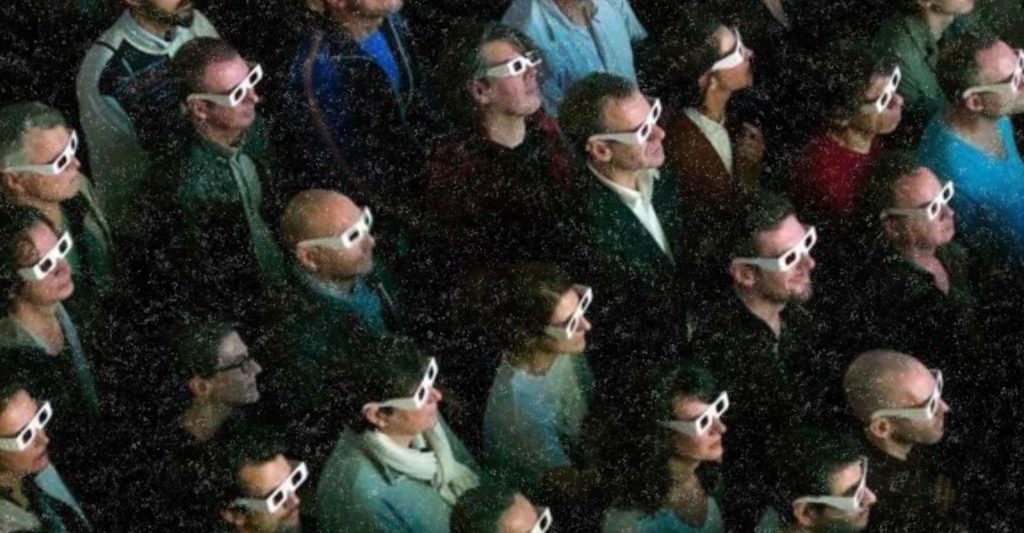WEALTH AS A BARRIER
There are some of us out there those who are busting our butts yet hardly covering our rent. Being overworked and underpaid, we fantasize about how much better our lives would be if we had millions of dollars just hanging out in our bank accounts. Such wealth could ease all our acute anxiety. We would have the financial resources to become the person we have always wanted to be, that best version of ourselves. Or not?
The wisdom of Brooklyn native, Biggie Smalls, about the downside of wealth is still ever potent. Smalls admonished, “Mo’ Money, Mo’ Problems”, to convey that our lives will inevitably become more complicated the more financial wealth we amass. Having access to copious amounts of cash can have a brutal impact on our mental health, the way we perceive reality and give empathy.
MONEY CAN’T BUY MENTAL HEALTH
For those who have achieved tremendous success and riches, even with all their resources and the best health insurance in the entire world, prioritizing mental health treatment can fall to the wayside. Though she was aware of her need to seek treatment when she started displaying symptoms bipolar symptoms influenced by stress, the late Kate Spade forwent entering a mental health program due to her concern that it was not consistent with her brand’s “happy-go-lucky” image. Also, it is not uncommon that accomplished individuals perceive mental illness as a sign of weak character or evidence of their own incompetence.
Not being under the care of a mental health professional and without helpful prescription, therapy can dangerously manifest into self-medicating with addictive substances. The irony here: using alcohol seems to be more socially acceptable than taking medicine that would actually help. There is some real cognitive dissonance when a prosperous, competent person would choose to be a drunk than reveal a personal vulnerability.
WARPED SENSE OF REALITY
Affluenza is an affliction, however not the kind where we need to cover our mouths when we cough, but rather scratch our heads in disbelief. Ethan Couch, the Texas teenager who killed four people and paralyzing another while drunk driving, avoided serious jail time by using the “affluenza” defense. Couch’s legal team claimed that due to his financial privileges, he was unable to understand the consequences of his actions. For many, the acquisition of wealth can also grow one’s sense of entitlement, to see themselves are better or more deserving than the unwashed masses. With such narcissism, the world and everyone and everything in it becomes expendable. Convinced that wealth transcends you to the realm of the gods, you start to value nothing because everything is just a credit card swipe away.
POOR EMPATHY
There is empirical evidence now that supports the age-old envious claim, “Rich people are a**holes”. Interestingly, several research studies at Berkeley suggest that as people climb their way up to wealth and success, compassionate feelings toward others decline. Through these series of studies conducted by Dr. Dacher Keltner, he found that participants from wealthy dispositions were less able to accurately identify emotions in others. Poor emotional intelligence can leave one ill-equipped to empathize with others and thus, less likely to be driven to helpful action. Having an empathy deficit can contribute to missing subtitle cues in nonverbal communication and social interactions.
It is not that money itself screws our sense of reality or turns us into a sociopathic monster, but rather it is the energy we give it. It is our responsibility to have a healthy energetic relationship with money. The relationship that we have with money affects everyone we encounter with our lives. When we see money as means to power, status, and ego, we are not only going to dilute our ethical intelligence and endanger our physical and mental health but hinder our social well being and sense of connection.
http://credit-n.ru/zaymyi-next.html
http://credit-n.ru/zaymyi-next.html
http://credit-n.ru/zaymyi-next.html
http://credit-n.ru/zaymyi-next.html





